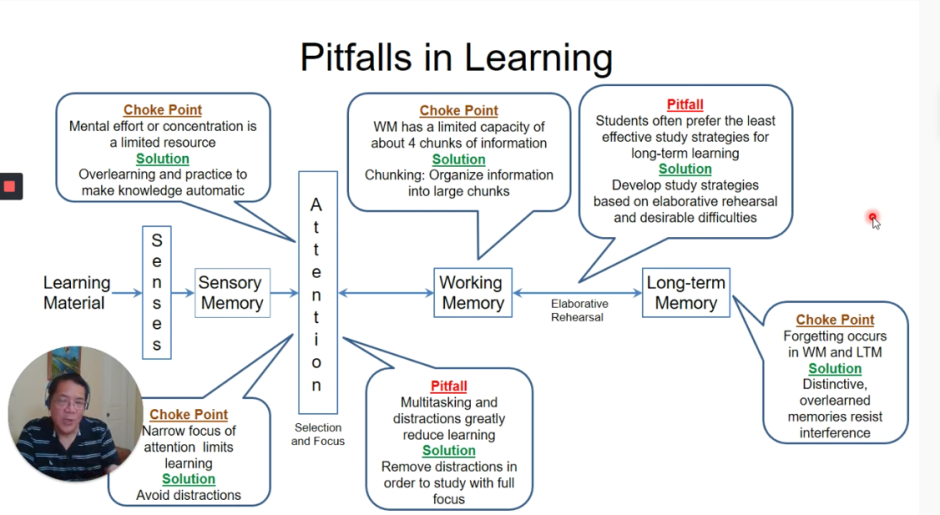I am not too sure we need more convincing that spaced practice trumps masses practice – but there you go. Here it is.
Spaced Retrieval Practice Imposes Desirable Difficulty in Calculus Learning – Lyle et al. (2022).
Lyle et al (2022) took a closer look at the long-term retention gains, but also the short-term practice costs, of spacing questions in a calculus course with 235 undergraduates. 24 target learning objectives, five quizzes, and the criterial test.
The two conditions: three problems on a single quiz or three problems across three quizzes.
You will not be surprised to learn that spacing increased retention on an end-of-semester test but reduced performance on the practice quizzes. However, that reduction in practice performance was only seen on the first two quiz questions, leaving performance on the third question unaffected.
Hidden in the methodology – a ‘participation incentive,’ if a student completed all five quizzes and the criterial test. One would suggest this would add a motivational element to both conditions.
Second, the researchers side step the common place benefits of feedback explanation, given the fact that although students had the opportunity to review feedback, “they were not required to do so and we do not know to what extent they availed themselves of it.”
What do we learn?
Spacing led to more protracted, but ultimately more robust, learning.
The discussion further supporting the fact that spacing effects have a wide-ranging applicability and specifically in mathematics. An effect not bounded by the nature or complexity of the task. That the low costs gains of “one-half of a letter grade” should not to be sniffed at.
Applying the learning versus performance distinction (Soderstrom & Bjork, 2015), Lyle et al (2022) suggest that protracted knowledge acquisition in the spaced condition, versus the more rapid process in the massed condition, led to lower performance in the short run (on quizzes) but greater learning in the long run (as measured on the final criterial test). What you possibly expected.
So What?
Spread or space the acquisition of objective-specific knowledge over several weeks. During which time, knowledge about subsequent learning objectives, will be acquired, providing opportunities to integrate knowledge about older and newer objectives, resulting in a more cohesive mental model of calculus and thereby fostering learning.
This really is “short-term pain” of spacing in order to reap its “long-term gain” in learning.



